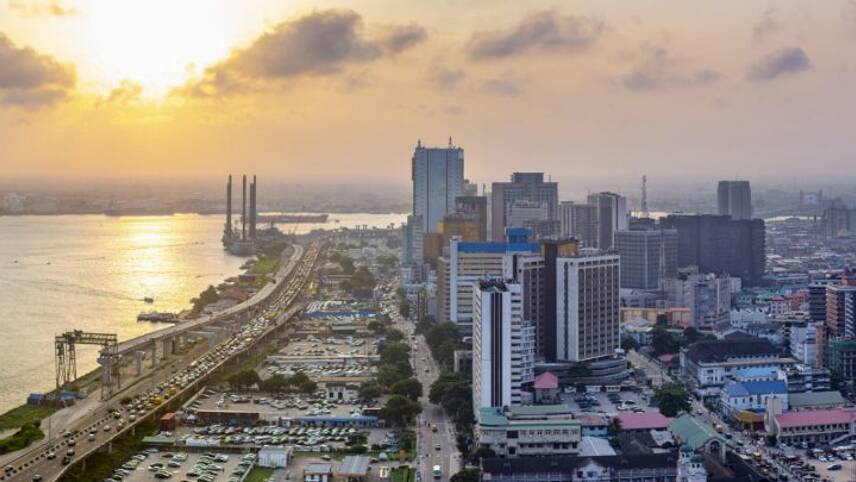Register for free and continue reading
Join our growing army of changemakers and get unlimited access to our premium content

Called the Urban Climate Action Programme (UCAP), the scheme is being backed by an initial £27.5m allocation from the UK Government’s International Climate Finance Commitment, which will total £3bn through to 2025.
Cities including Lagos, Johannesburg, Jakarta, Kuala Lumpur, Lima, Bogota and Mexico City will be among those set to benefit from the initial funding.
The UK Government has stated that funding will be allocated to help cities decarbonise and expand public transport systems; self generate renewable energy; manage waste sustainably; assess climate risk and implement new standards for buildings.
UNCAP is the follow-up scheme to the UK-funded Climate Leadership in Cities Programme, which launched in 2017 and also had an initial £27.5m funding pot. That programme supported 15 cities across Asia and Latin America in the development of 1.5C-aligned net-zero plans. It was delivered in partnership with GIZ and C40 Cities.
UNCAP is being launched on Cities, Regions and Built Environment Day at COP26 – the summit’s penultimate day. A spotlight is being shone on the ways in which cities contribute to the climate crisis and are acutely exposed to it.
Urban buildings account for 40% of global carbon emissions each year and the value chains of cities are attributable to 68% of all global annual greenhouse has emissions, by UN estimates. The body also estimates that 1.6 billion people living in cities will be regularly exposed to extremely high temperatures and over 800 million people living in cities across the world will be vulnerable to sea level rises and coastal flooding by 2050.
The onus is, therefore, on cities to accelerate climate mitigation and adaptation efforts – and for nations to help them to deliver. The UN estimates that one-fifth of cities worldwide have set net-zero targets. The remaining cities will need to draw up plans, and those with plans will need to plan for delivery.
“By 2050, urban areas will be home to two-thirds of the world population, with the speed and scale of urbanisation set to lock in high-carbon infrastructure and inequality if we do not act now,” said UK Energy and Climate Change Minister Greg Hands.
“The UK’s new programme will provide invaluable support to cities across Africa, Asia and Latin America to help them grow sustainably, and make them resilient to climate risks, securing a greener future for generations to come.”
UK focus
The UK Government’s press release on UNCAP states that, domestically, the national government is “working very closely” with cities and regions across the UK on decarbonising buildings and transport systems.
Highlighted are the Heat and Building Strategy, Public Sector Decarbonisation Scheme and Future Homes Standard – all updated in the last year in a bid to decarbonise new and existing buildings in line with the national 2050 net-zero goal.
However, the Housing, Communities and Local Government Committee last month published a report warning that little has been done by the Government in recent months to engage councils – or to financially support them – on the road to net-zero. This warning had already been made by the National Audit Office.
The Government press release today confirms that a Local Net-Zero Forum is in development in a bid to help address these concerns. It will bring together representatives from the UK Government, devolved administrations and local councils.
Stay up-to-date with the latest news from COP26 with edie’s Live Blog and Daily COP26 Covered Podcast Series.
Sarah George


A coat of Starlite will make all buildings passive temperature controlled, this is the cheapest way of doing the job.